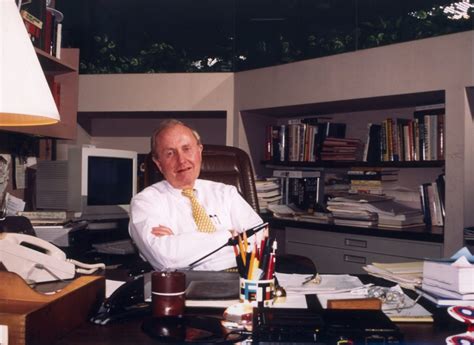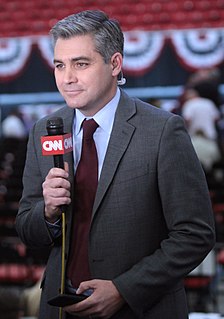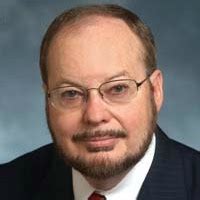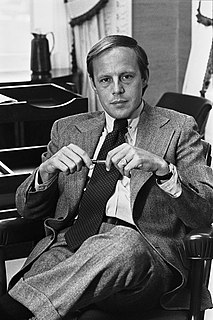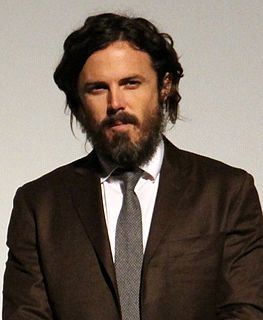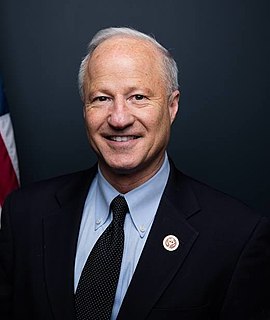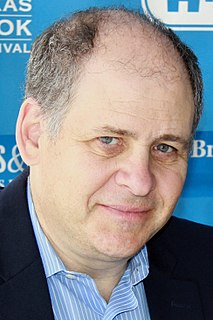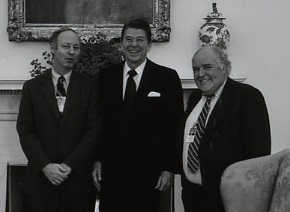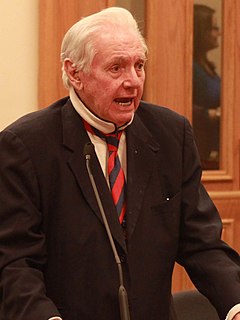A Quote by Hugh Sidey
The legions of reporters who cover politics don't want to quit the clash and thunder of electoral combat for the dry duty of analyzing the federal budget. As a consequence, we have created the perpetual presidential campaign.
Related Quotes
...for two centuries supporters of the Electoral College have built their arguments on a series of faulty premises. The Electoral College is a gross violation of the cherished value of political equality. At the same time, it does not protect the interests of small states or racial minorities, nor does it serve as a bastion of federalism. Instead the Electoral College distorts the presidential campaign so that candidates ignore most small states - and many large ones - and pay little attention to minorities.
In 2004, Kucinich was the only presidential candidate who warned that a war in Iraq would be completely disastrous. I remember how mocked he was when he predicted hand-to-hand combat in Baghdad. I remember Candy Crowley, and other reporters as well, treating his views on the impending war as ridiculous, out there, almost insane.
